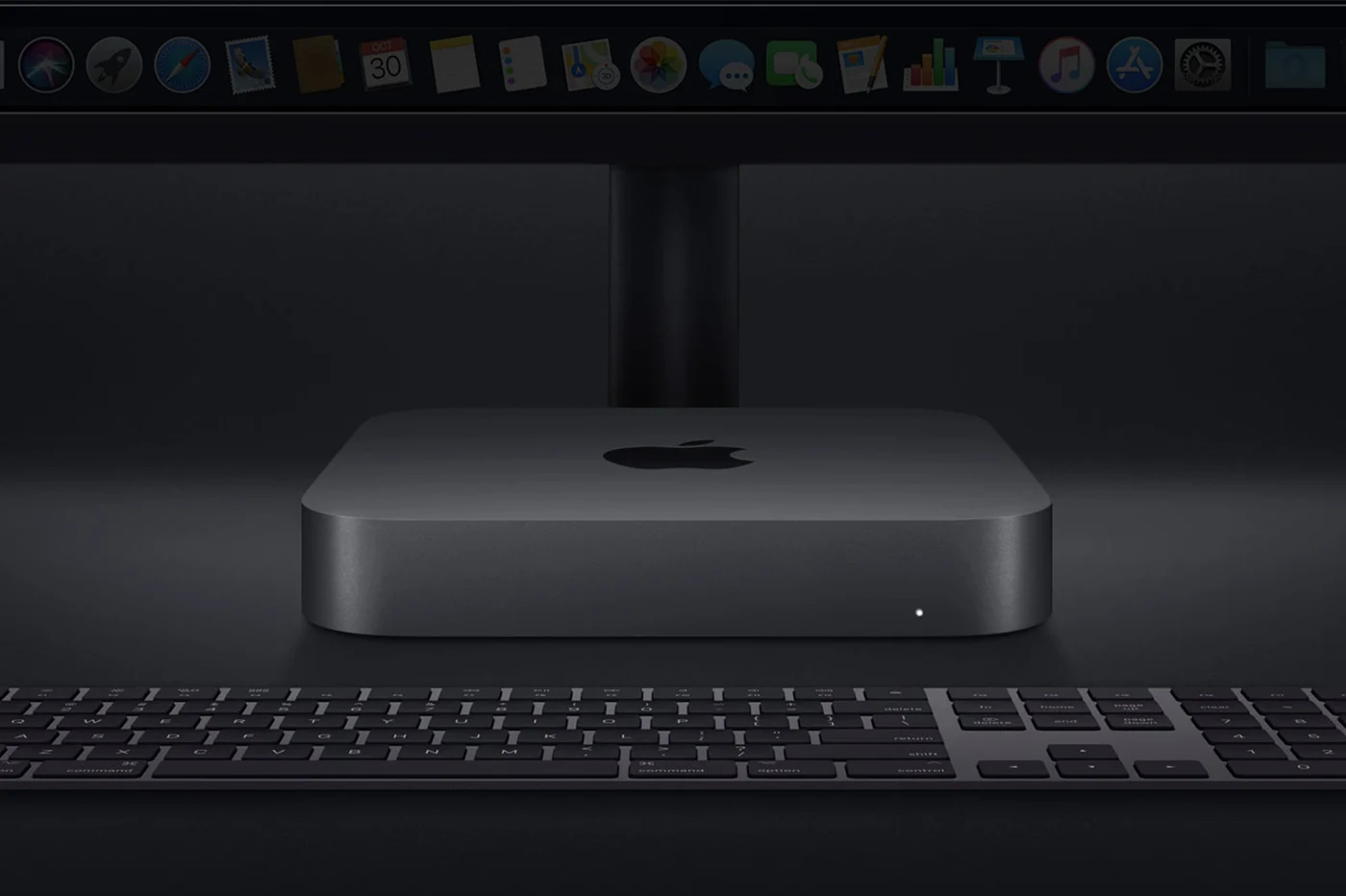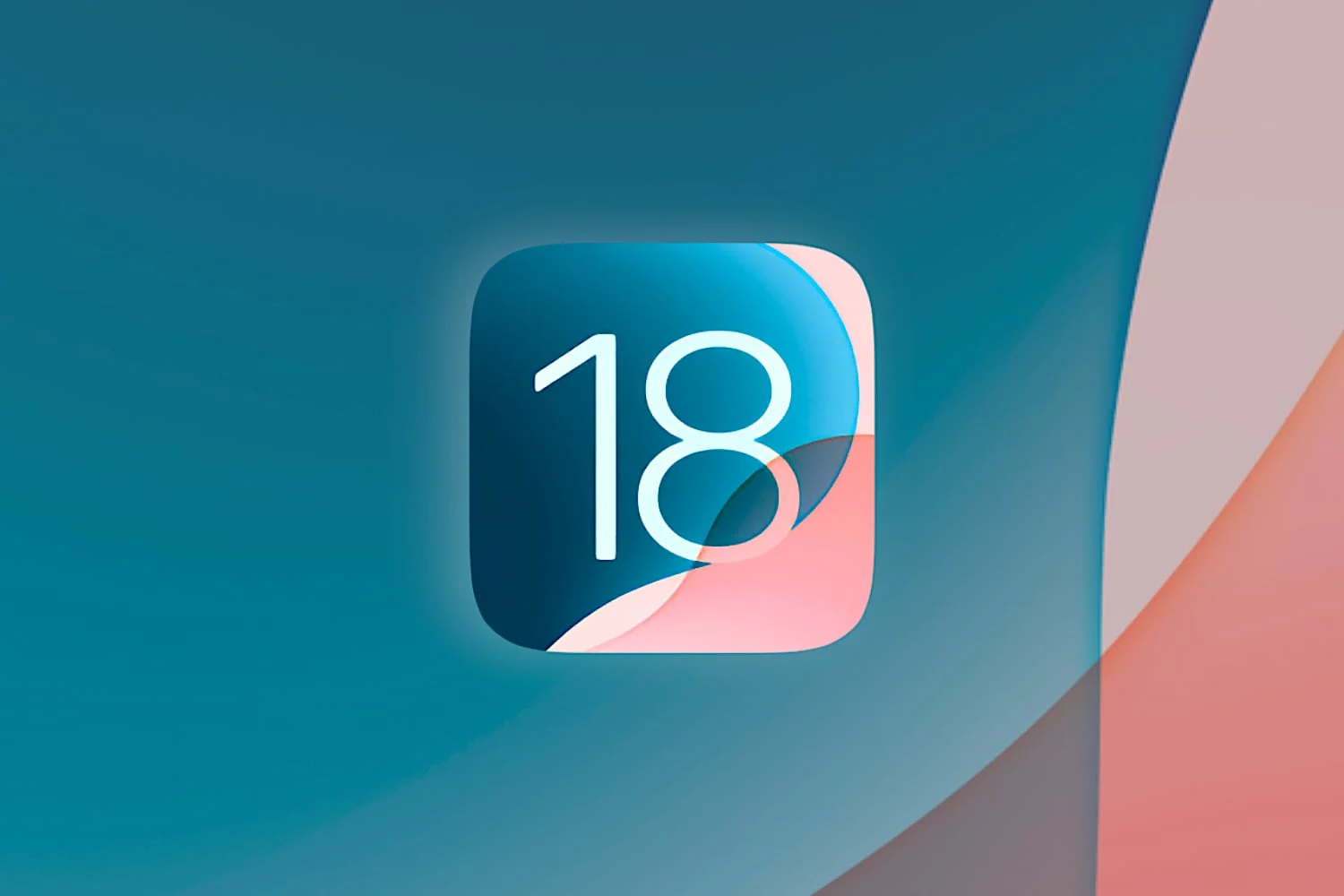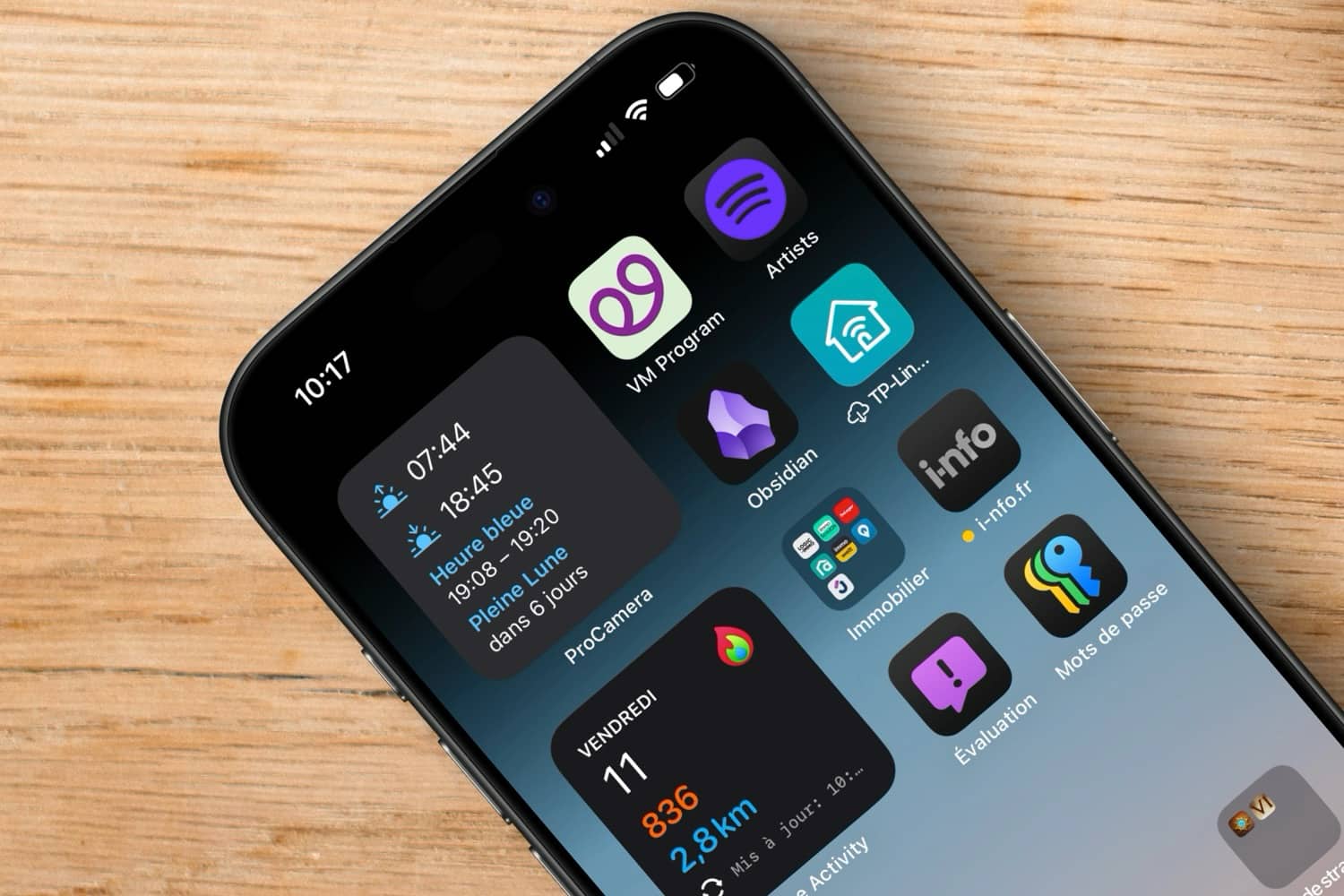After a delay of several months, Apple finally deployed its anti-ad tracking functionality with the iOS 14.5 update. In essence, the idea is to give more control to users, who choose whether or not to be tracked by mobile apps.
Called App Tracking Transparency, this new iOS featurerequires developers to ask for consentexplicit from the user, through a prompt, before accessing an identifier called IDFA. This identifier can be compared to third-party cookies on the web, as it allows a user to be tracked between several apps for advertising purposes.
And just after ATT has been deployed by Apple, the first data on user behavior is already arriving. These are not encouraging for the world of online advertising since the vast majority of users would refuse to be tracked when the iOS 14.5 prompt appears to ask for their permission.
Very low rates
Since the launch of ATT in iOS 14.5, Flurry Analytics has closely tracked the opt-in rate (the percentage of people who agree to be tracked) and publishes data every day. At the moment, most users opt out of tracking. On the day this feature launched, April 29, the global opt-in rate was 11%. And on May 6, this rate was 12%.
In the United States, it's even worse. The opt-in rate on day one was 2%. And on May 6, it was 4%. How is this information obtained? As Flurry explains, a traffic analysis service“is used in over 1 million mobile apps, providing aggregated information across 2 billion mobile devices per month. »
It is probably still too early to draw conclusions. But we can already wonder what financial impacts the deployment of ATT on iOS could have on applications that depend on targeted advertising to generate revenue. Facebook, which is logically opposed to this iOS feature, already displays amessageencouraging its users to accept tracking, so that the Facebook and Instagram applications remain free.
Furthermore, it is possible that the deployment of App Tracking Transparency by Apple is only the beginning of the end of individual tracking for advertising purposes. Currently, Google is preparing to launch a new technology called FLoC to replace third-party cookies. This avoids individual tracking, while allowing websites to generate revenue with personalized advertising experiences. On the other hand, rumors suggest that on Android, Google could also offer an equivalent of iOS 14.5's ATT.

i-nfo.fr - Official iPhon.fr app
By : Keleops AG






